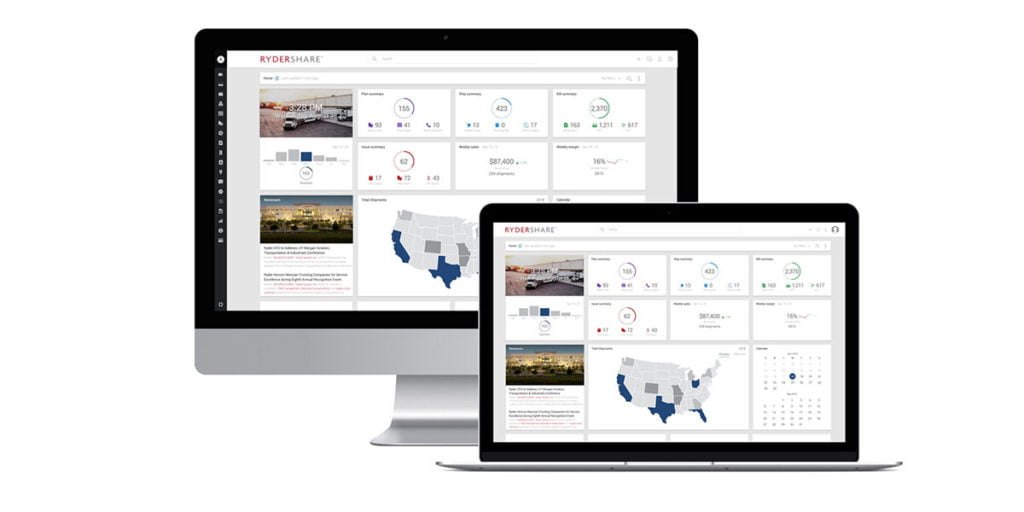In the intricate and fast-paced world of logistics and supply chain management, the pursuit of efficiency and cost-effectiveness has led businesses to embrace innovative solutions. One such solution, which has significantly impacted how goods are moved across the globe, is managed transportation. This comprehensive approach not only streamlines operations but also enhances visibility and control throughout the supply chain. This blog post explores the essence of managed transportation, its benefits, and why it’s becoming an indispensable part of modern supply chain networks.

Boosting IT and Business Visibility: A Holistic Approach to Supply Chain Data with Turvo
Turvo gives leaders a real-time view of supply chain operations. Use unified analytics, role-based dashboards, and governed reporting to drive better decisions.








